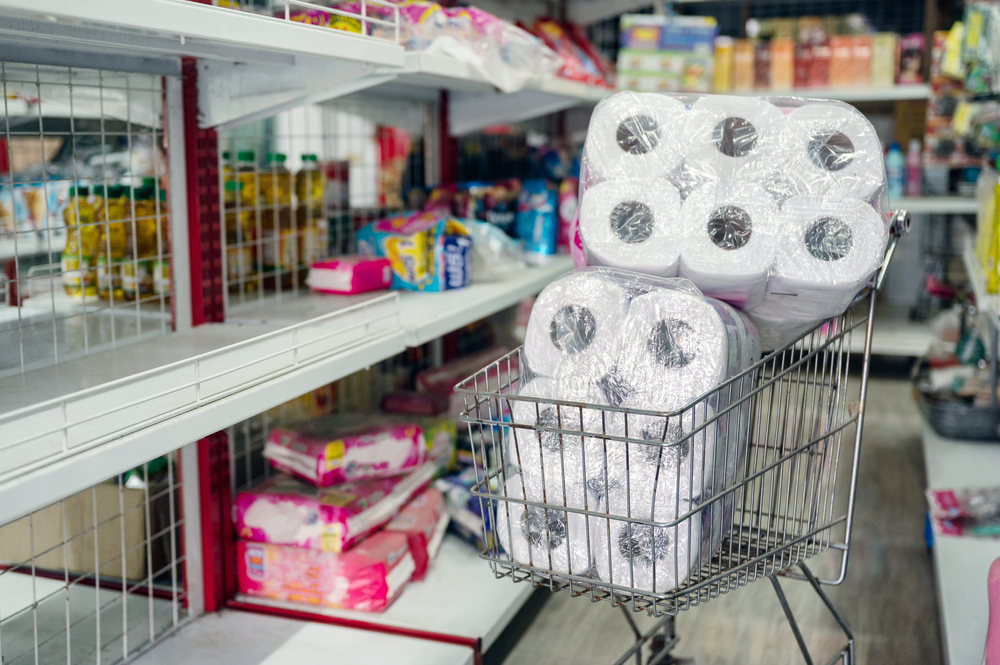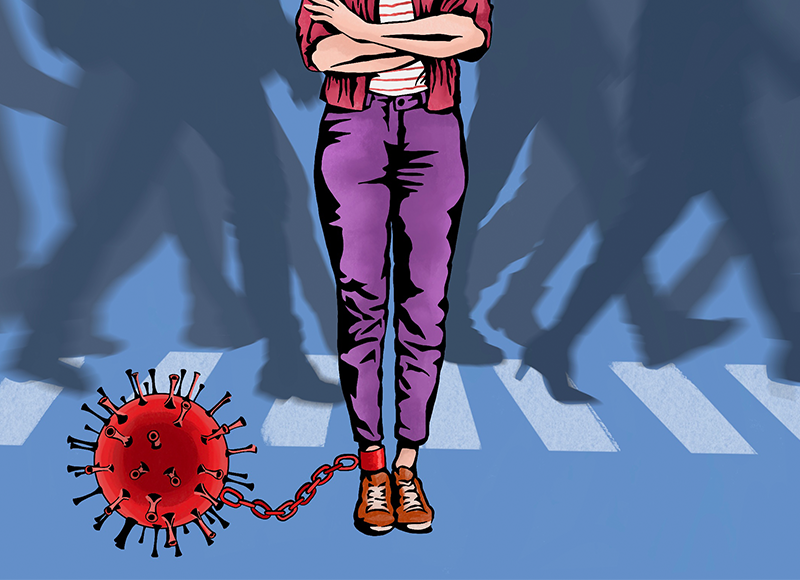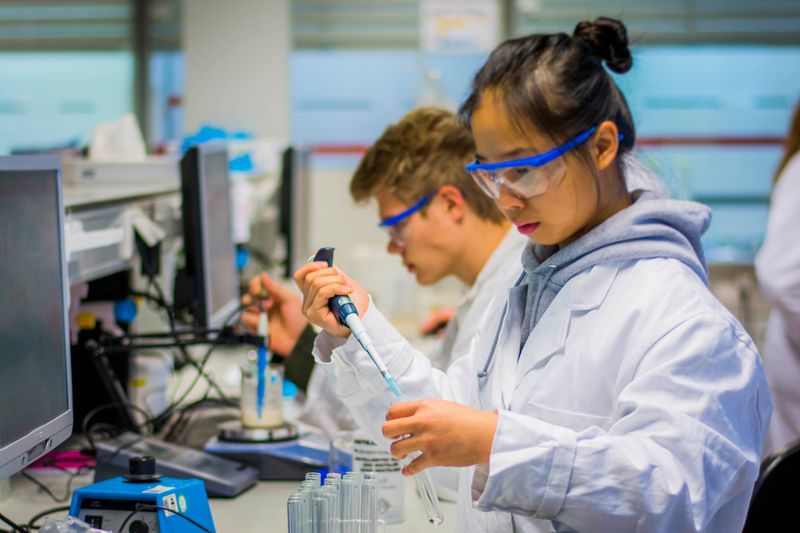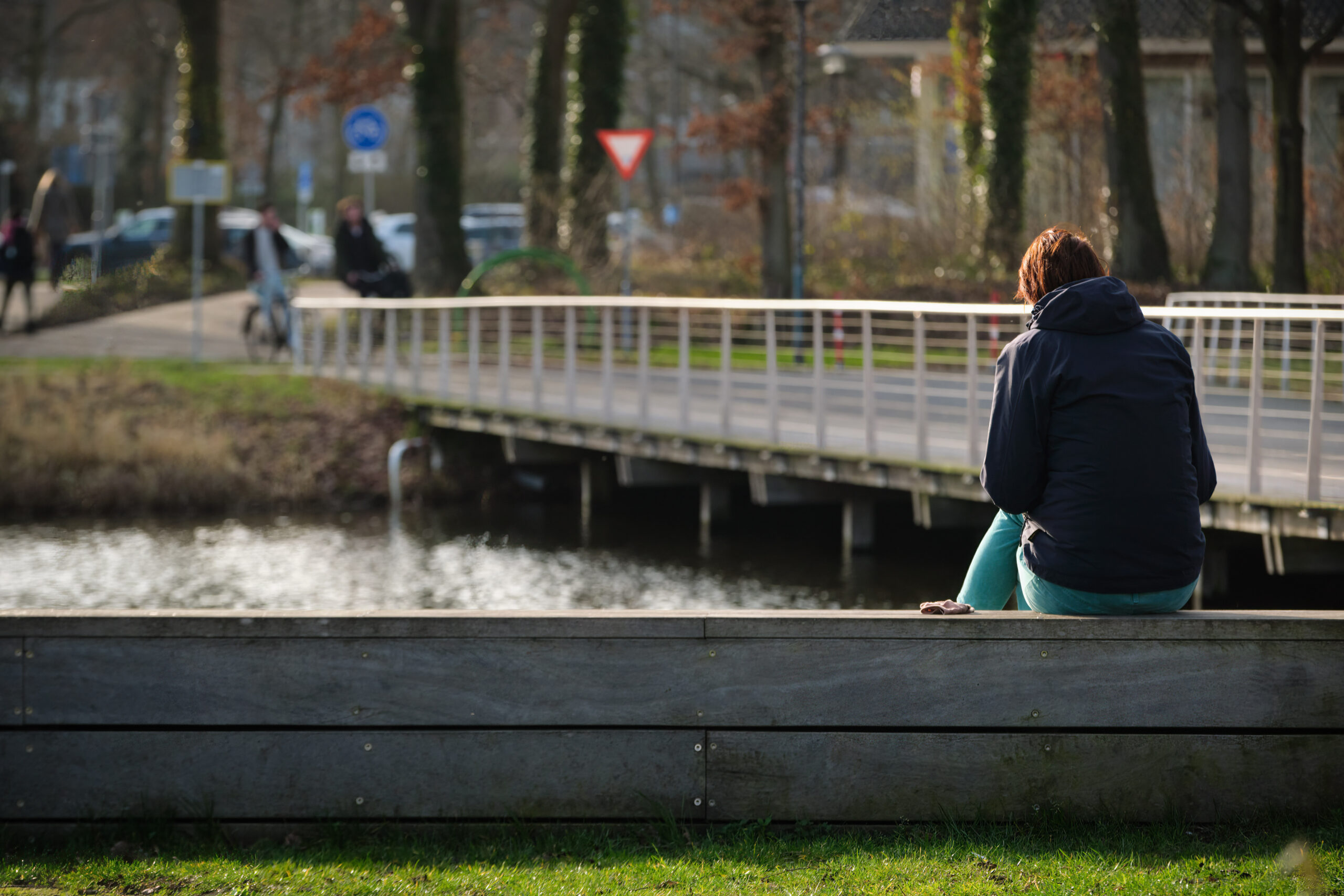The coronavirus crisis has disrupted global trade, and there has been an abrupt shortage of paper, bicycle parts, computer chips, cars, etc. As a result, the importance of sound logistics has suddenly been put in the spotlight. Food businesses must be better prepared for setbacks in the supply as well, in the opinion of Frans de Ruiter and Sander de Leeuw of the Operations Research and Logistics chair group. This is why they are starting a platform for the agri-food supply chain on 20 January.
The food businesses were rather capable in dealing with supply chain problems caused by the coronavirus crisis, but this was done by pulling out all the stops, in the opinion of Professor Sander de Leeuw. Suddenly, there were unlabelled caps on soft drinks because the desired caps were no longer available. During the lockdown, European consumers started to buy a lot more beer in cans instead of glass, which meant that the logistics (the supply chain) for cans and glass had to quickly scale up and down respectively. The demand for cream collapsed after the restaurants closed, which meant that the dairy industry had to find other uses.
Traffic jams
‘Before the coronavirus crisis, few businesses structurally considered the weaknesses of their supply chain. Everyone was focused on the lowest possible cost,’ says de Ruiter. ‘Logistics has since become a core element. When people started hoarding toilet paper at the start of the coronavirus crisis, not only were supermarket shelves emptied quickly, the additional supply of toilet paper from distribution centres also posed a challenge. There are about 25,000 products in these centres. If there is a sudden, increased demand for a product, then unexpected traffic jams occur in the warehouse.’
Chips
De Leeuw and De Ruiter could go on like this for a while: about how the demand for potatoes dropped off because the snack bars no longer needed chips, about the run on bakery products because people started baking cakes and bread at home, and the surplus of eggs that fortunately could be exported to Russia.
Businesses must think more about how things can go wrong
Professor Sander de Leeuw
COVID has emphasised the important position in the supply chain. ‘Businesses must think more about how things can go wrong,’ says De Leeuw. ‘They must create scenarios. How can I prevent a standstill in production? Which raw materials and supply routes are crucial? When will my business go under? How can I create buffers to absorb setbacks?’ This not only includes materials, but people as well. ‘The availability of staff proved to be a problem during the coronavirus crisis. Office staff had to help out in the warehouses. One minute there were layoffs in food service, the next they were badly needed again and there were staff shortages.’
Platform
Now that the importance is evident, the researchers will set up a platform in which WUR and food companies will investigate how the food chains can better cope with crises. De Ruiter is also considering internships for Master’s students in this. WUR’s Business Economics Group and the Operations Research and Logistics chair group are participating, and food businesses are slowly signing up. The first meeting will be on 20 January. For more information, please contact Frans.deRuiter@wur.nl.

 Photo Shutterstock
Photo Shutterstock 

